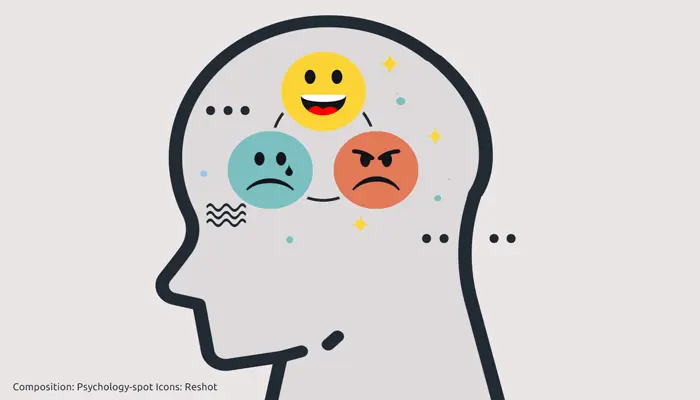
There was once a child who every day, fought with his brother, his parents and his schoolmates…
One afternoon, his father handed him a gift. The very curious child unwrapped it quickly but its contents surprised him: it was a box full of nails.
The father stared at him and said:
– My son, I am going to give you an advice: every time you lose control, every time you answer badly to someone and argue, nail a nail to the door of your room.
The first day, the little boy nailed 37 nails to the door.
With the passage of time, the child was learning to control his rage, so the number of nails began to decrease. He discovered that it was easier to control his temper than nail the nails to the door.
Finally, the day came when the child did not lose his temper.
His proud father suggested that for every day that could control himself, he would take out a nail from the door. The days went by, until there came a time when the little boy managed to remove them all.
Then the father took his son by the hand and led him to the door. He told him:
– You did very well, my son, but look at the holes… The door will never be the same again. When you say things with anger, you leave a scar like this one. No matter how many times you ask for forgiveness, the wound will always remain there. A verbal wound is as harmful as a physical one. Remember that friends are very rare jewels, do not hurt them because there are damages that are irreversible and there is no forgiveness to heal them.
I feel and think, therefore I am
In the Discourse on Method, Descartes wrote a phrase that would end up influencing the way we still think about emotions: “Cogito, ergo sum”, the famous “I think, therefore I am”.
He could also have said “I feel, therefore I am”, but he did not, because he believed that emotions were obstacles to thinking. Today we know that emotions and feelings are as significant as rationality, especially when making important decisions.
However, we must be careful not to make decisions by letting ourselves be carried exclusively by emotions or we will end up causing wounds difficult to heal. The key lies in finding a middle point: listen to our emotions without neglecting the reason.
When emotions “hijack” reason
We have all been victims of emotional hijacking, moments in which we simply do not think, let ourselves be carried away by feelings and make decisions or say things that we later regret.
That emotional explosion has an explanation: the limbic system declares a kind of “state of emergency” and recruits all the resources of the brain to carry out its functions. This hijacking occurs in a matter of a few seconds and immediately generates a reaction in the prefrontal cortex, the area linked to reflection, so that we do not have time to evaluate what is happening and decide in a rational way.
In other words, the area of the brain related to emotions prevents us from thinking. The problem is that the limbic system is an area with a very restricted repertoire of behaviors, which blinds us because it prevents us from seeing other possible alternatives.
Therefore, the key to inner peace lies in applying a rule: do not promise being happy, do not respond being angry, do not decide being hurt and do not act if you are not convinced.
If we promise something while being euphoric, we are likely to end up promising much more than we can offer. If we respond by being angry, it is likely that our words will hurt someone unnecessarily. If we decide being hurt, it is likely that we act in an extreme way and then we repent but we will not be able to turn back. And if we act without being fully convinced, it is because there is something within us that tells us that this is not the right path, but we refuse to listen to that voice.
Do not make permanent decisions based on temporary emotions
We must stop seeing emotions as our enemies, but it is not smart to lower the guard. A good strategy is to think of emotions as compasses that can indicate a path, but bearing in mind that the decision to take that path must be reasoned.
If we are able to avoid the first impulse, if we do not just react but weigh the pros and cons, we will be protecting our internal peace with a bulletproof shield. It is normal to get angry or feel hurt, but that is not an excuse to make permanent decisions based on temporary emotions.
Remember that everything comes and everything goes, life is constantly flowing and what has bothered you today, probably when you look at it in perspective, it bothers you less or you find an explanation for it.
That’s why, the next time you feel emotions are taking over, breathe, take a step back and take perspective. Do not decide until those emotions have been appeased, until you are convinced of the step you are going to take. This way you will save many conflicts, regrets and disappointments throughout your life.



